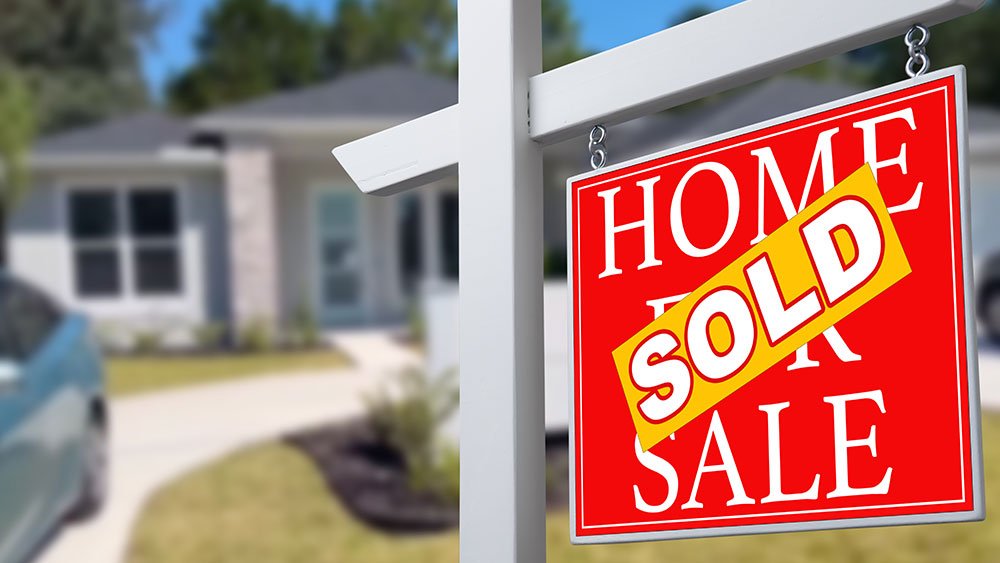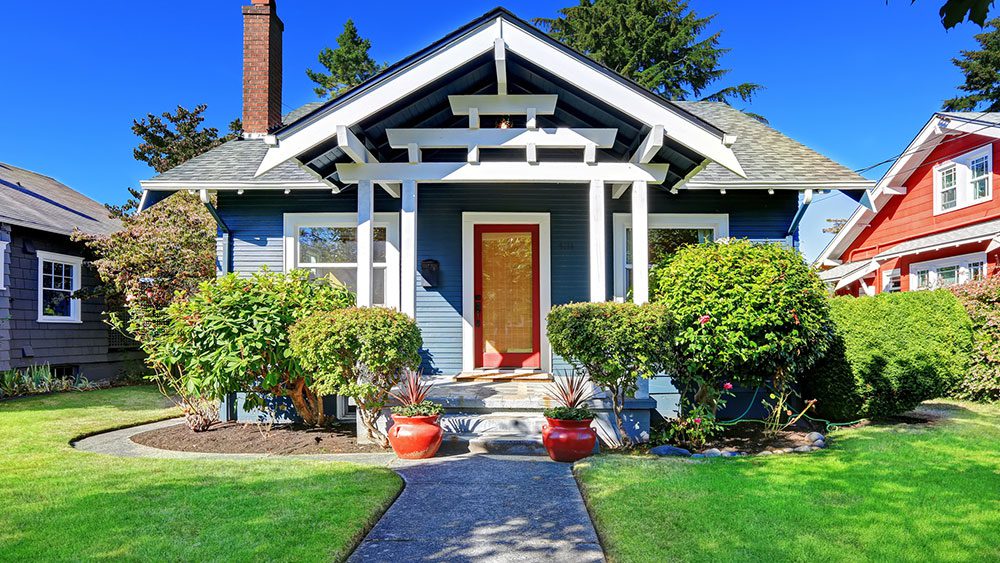Selling a home is a significant financial transaction, and achieving a successful sale hinges on several crucial factors. One of the most critical among these is setting the right asking price.
Pricing your home accurately creates a win-win situation: you attract qualified buyers interested in making a competitive offer and maximize your chances of selling your property within a reasonable timeframe.
This article equips you with the knowledge and strategies to price your home competitively and strategically, ultimately attracting top-dollar offers.
The Impact of Accurate Pricing: Why Getting it Right Matters
Getting the asking price right sets the stage for a smooth and successful home-selling journey.
An overpriced home can languish on the market, deterring serious buyers and raising concerns about its value. This delay can lead to price reductions, weakening your negotiating position and potentially impacting the final selling price.
Conversely, underpricing your home sells it quickly, but you risk leaving significant money on the table. Accurate pricing attracts qualified buyers prepared to offer competitive prices within a realistic range. This creates a buying frenzy where multiple offers are presented, potentially driving the final sale price above the initial asking price.
Market Analysis: Understanding Your Local Market Trends
The first step towards accurate pricing involves thoroughly analyzing your local housing market.
Research recent sales data in your neighborhood, explicitly focusing on properties comparable to yours in size, features, and overall condition. Pay close attention to the selling price of these comparable properties, also known as “comps,” as they provide a strong benchmark for setting your asking price.
Beyond just the selling price, consider the time each property spent on the market before receiving an offer. Homes that sell quickly typically indicate strong buyer demand in your area, potentially allowing you to price slightly higher. Conversely, homes that sat on the market for an extended period might suggest an overpricing trend, prompting you to be more conservative with your asking price.
Competitive Comps: Analyzing Comparable Properties
Identifying suitable comparable properties is crucial for accurate market analysis. Look for recently sold homes in your immediate neighborhood with similar square footage, number of bedrooms and bathrooms, and overall lot size.
Also, consider factors like the presence of a garage, a pool, or any significant upgrades that might influence a buyer’s decision. If your home boasts unique features not found in comparable properties, factor in adjustments to reflect the added value. For instance, a finished basement or gourmet kitchen can justify a slightly higher asking price than similar-sized homes without these features.
Conversely, if your home requires significant repairs or renovations, you might need to adjust your pricing downward to reflect the buyer’s potential investment needs.
Highlighting Your Home’s Value: Strategies for Maximum Appeal
A critical aspect of attracting top-dollar offers lies in showcasing the unique value proposition of your home.
First impressions matter, so ensure your home’s curb appeal is optimized. Spruce up the landscaping, add a fresh coat of paint to the exterior, and ensure the entryway is clean and inviting.
Consider professional photography that captures the best features of your home’s interior and exterior. Staging your home with tasteful furniture and décor can enhance its perceived value and create a sense of move-in readiness for potential buyers.
When it comes to features and upgrades, highlight any improvements that enhance the functionality or aesthetics of your home. Energy-efficient appliances, smart home features, or recently remodeled bathrooms and kitchens can significantly increase your home’s appeal to modern buyers. Investing in minor repairs or cosmetic updates before listing your home can yield a high return on investment by showcasing a well-maintained property.
Setting the Right Asking Price: Striking the Balance
Once you have a firm grasp of the local market trends and the value proposition of your home, it’s time to determine the optimal asking price.
Several pricing strategies can be employed, each with its advantages.
- Market value pricing sets the asking price at the average selling price of comparable homes in your area, ensuring a competitive listing.
- Competitive pricing involves strategically setting your asking price slightly below comparable properties to attract immediate buyer interest and potentially ignite a bidding war.
- Strategic pricing might involve setting a slightly higher asking price to negotiate downward during the offer stage.
Acknowledging that emotions can cloud judgment when pricing your home is important.
Consider seeking the guidance of a qualified real estate agent. A local agent possesses in-depth knowledge of your specific market and can leverage their expertise to analyze data, identify comps, and recommend a strategic asking price that optimizes your chances of attracting top-dollar offers.
Negotiation Strategies: Getting the Most Out of Your Listing
Some buyers might present lower offers even with the most accurate asking price. Here’s where effective negotiation skills come into play.
First, understand the reasoning behind the offer. Is it a tactic to start low, or are there genuine concerns about the home’s condition reflected in the offer?
With the help of your Realtor, you can formulate a counteroffer strategy that addresses the buyer’s concerns while protecting your financial interests.
Finally, prepare yourself for multiple rounds of offers and counteroffers, especially if your home attracts significant interest. Fearlessly analyze each offer carefully and avoid giving in to unreasonable demands.
Beyond Price: Presentation and Marketing Matters
While pricing is crucial in achieving top-dollar offers, a home not presented well or marketed effectively can fall short of its true potential.
Professional photography and virtual tours create a positive and lasting impression for buyers browsing listings online. Also, consider staging your home to enhance its visual appeal. Removing clutter and personalizing spaces allows potential buyers to envision themselves living in your home.
Invest in a robust marketing plan in collaboration with your real estate agent. Ensure your home is listed across popular real estate platforms and featured as an open house, utilizing targeted digital marketing campaigns to reach the right demographic of buyers. A well-marketed home attracts potential buyers, increasing competition and driving up your final price.
Closing Points
Selling your home is one of the most significant financial transactions you’ll likely undertake. By diligently researching the market, showcasing your home’s value, and setting the right asking price, you can attract serious buyers willing to make competitive offers.
Remember, pricing is not just a number; it’s a strategy that requires careful analysis and consideration of market trends. Seek professional guidance from your Realtor, leverage their expertise throughout the process, and trust their judgment in pricing and negotiating the final sale.
© 2024 xpertRealtyMarketing.



